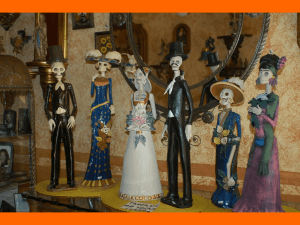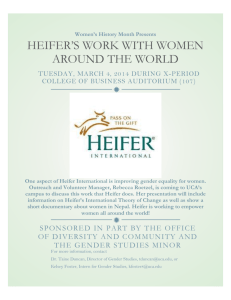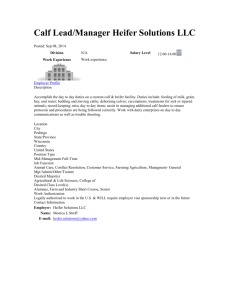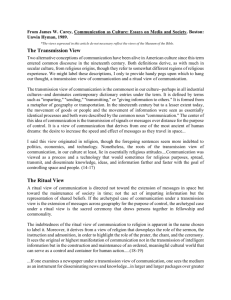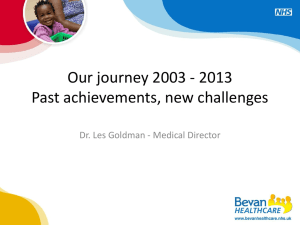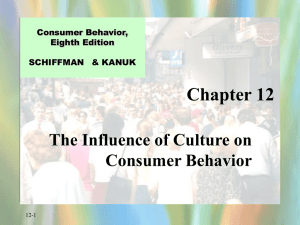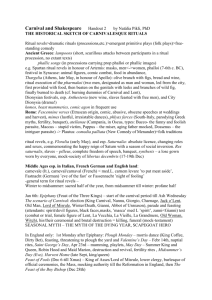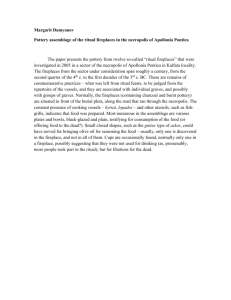Shoftim
advertisement
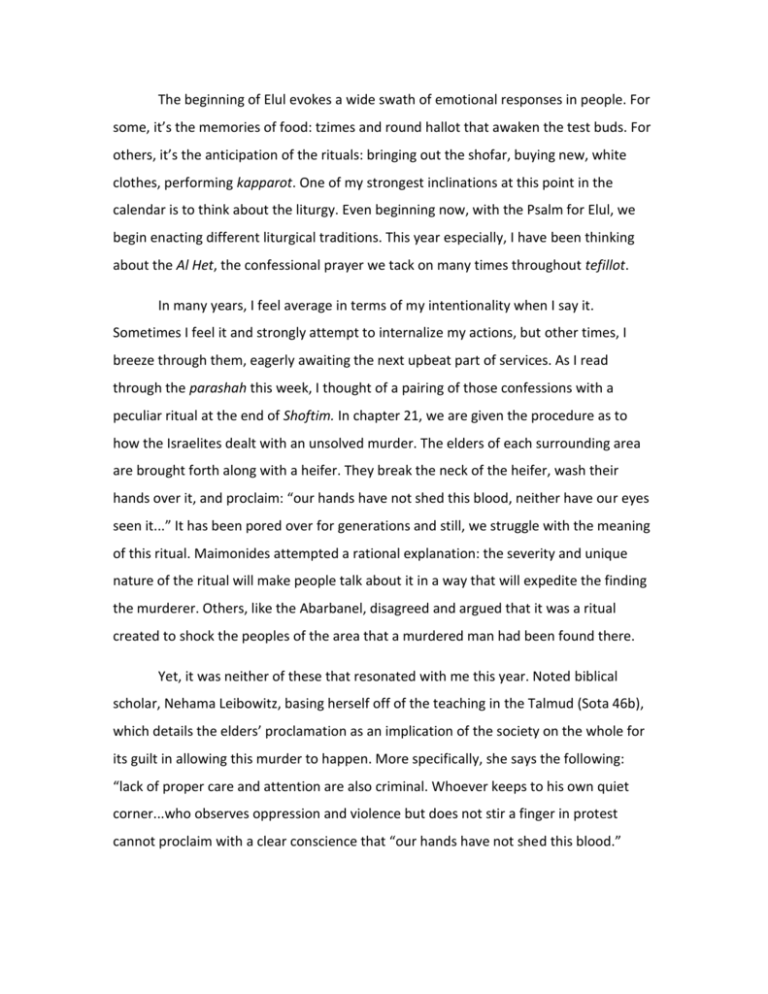
The beginning of Elul evokes a wide swath of emotional responses in people. For some, it’s the memories of food: tzimes and round hallot that awaken the test buds. For others, it’s the anticipation of the rituals: bringing out the shofar, buying new, white clothes, performing kapparot. One of my strongest inclinations at this point in the calendar is to think about the liturgy. Even beginning now, with the Psalm for Elul, we begin enacting different liturgical traditions. This year especially, I have been thinking about the Al Het, the confessional prayer we tack on many times throughout tefillot. In many years, I feel average in terms of my intentionality when I say it. Sometimes I feel it and strongly attempt to internalize my actions, but other times, I breeze through them, eagerly awaiting the next upbeat part of services. As I read through the parashah this week, I thought of a pairing of those confessions with a peculiar ritual at the end of Shoftim. In chapter 21, we are given the procedure as to how the Israelites dealt with an unsolved murder. The elders of each surrounding area are brought forth along with a heifer. They break the neck of the heifer, wash their hands over it, and proclaim: “our hands have not shed this blood, neither have our eyes seen it...” It has been pored over for generations and still, we struggle with the meaning of this ritual. Maimonides attempted a rational explanation: the severity and unique nature of the ritual will make people talk about it in a way that will expedite the finding the murderer. Others, like the Abarbanel, disagreed and argued that it was a ritual created to shock the peoples of the area that a murdered man had been found there. Yet, it was neither of these that resonated with me this year. Noted biblical scholar, Nehama Leibowitz, basing herself off of the teaching in the Talmud (Sota 46b), which details the elders’ proclamation as an implication of the society on the whole for its guilt in allowing this murder to happen. More specifically, she says the following: “lack of proper care and attention are also criminal. Whoever keeps to his own quiet corner...who observes oppression and violence but does not stir a finger in protest cannot proclaim with a clear conscience that “our hands have not shed this blood.” It is this notion that I thought about when I read that on June 23rd, L.A. City Council passed an ordinance that allowed for the removal and impounding of the personal property of homeless people living on the sidewalks of this great city. I later found out (Gary Blasi-UCLA law school) that L.A. spends 87 million dollars policing the homeless and 13 million on programs to help the homeless. Granted I am just beginning to educate myself on this issue but I know I, along with our community, have failed. How many opportunities to help have I missed when I barely glance at the myriad of homeless people in my neighborhood? How many phone calls could I have made to my local councilperson to help stop this ordinance? I beat my heart for the sin of my hardheartedness and for desecrating the divine name. We have no heifer with which we can absolve ourselves, but we have sinned. We must do better. Call your local politicians, write letters, tweet to them! The eglah arufah narrative implores us to understand our communal responsibility. Homelessness is not an issue that will be solved easily but it will certainly be helped by our ability to look inward, recognize our missteps, and attempt to help those who have been anonymously forgotten.
